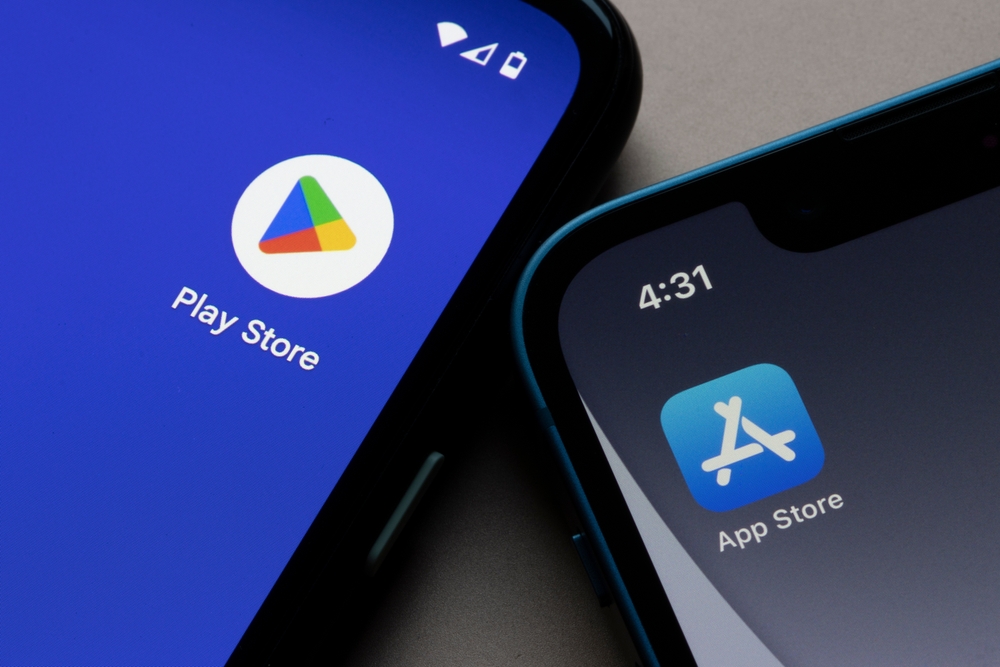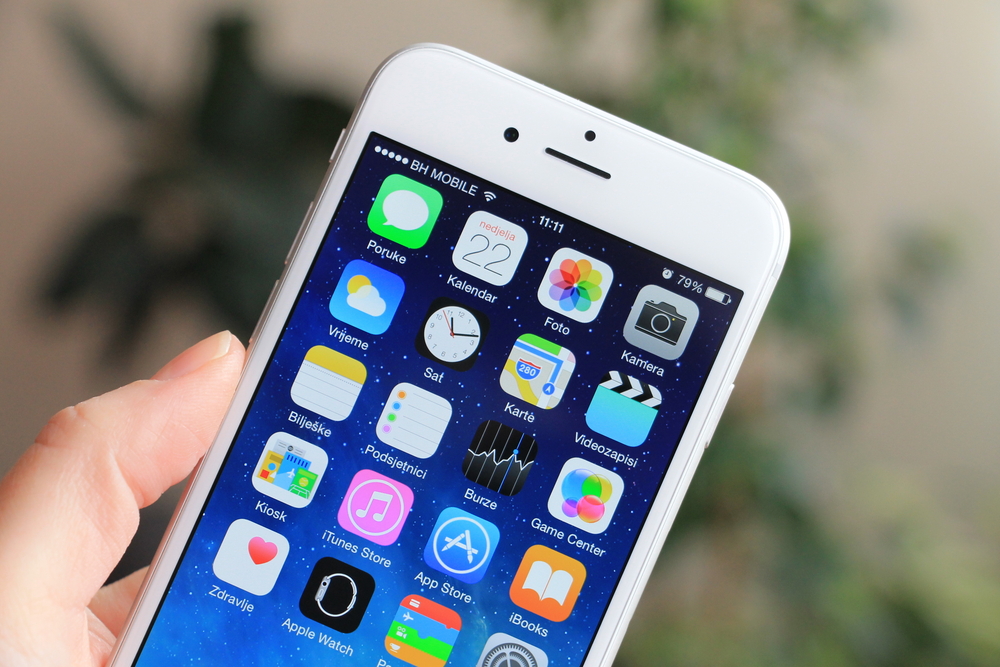
Mastering Mobile App Marketing: Proven Tips & Tricks for Successful Promotion

Introduction:
In today's fast-paced digital world, mobile apps have become an integral part of our lives. From gaming and social networking to utility and productivity, the significance of mobile apps is ever-increasing. However, with millions of apps already available in the App Store and Google Play Store, achieving visibility and success can be a daunting task. This article aims to provide you with proven tips and tricks to master mobile App Store or Google Play app marketing and ensure successful promotion.
1. Understand Your Target Audience:
Before diving into the marketing strategies, it is crucial to understand your target audience. Conduct thorough research and create user personas to identify your ideal app user. This demographic information will help tailor your marketing efforts to effectively reach your desired audience. Consider factors such as age group, interests, behaviors, and pain points to personalize your campaigns.
2. Optimize Your App Store Listing:
Optimizing your app store listing is vital for visibility and conversions. Start with a compelling app title that clearly describes its purpose and highlights its unique features. Craft an engaging app description using relevant keywords to improve its discoverability in app store searches. Additionally, showcase attractive screenshots, videos, and reviews to entice potential users and build trust. Remember, optimizing your app store listing is an ongoing process, so continually monitor and tweak it based on user feedback and data analysis.
3. Leverage App Store Optimization (ASO):
App Store Optimization (ASO) is the process of optimizing your app's ranking in app store search results. It involves optimizing various elements like app title, keywords, app description, reviews, and ratings. Conduct keyword research to identify high-volume and relevant keywords that resonate with your target audience. Incorporate these keywords naturally throughout your app store listing to improve its visibility and reach. Regularly monitor your ASO efforts, track keyword rankings, and make necessary adjustments to stay competitive.
4. Create a Stellar App Website and Landing Page:
A well-designed app website and landing page are crucial for driving traffic, building credibility, and converting potential users. Ensure that your website clearly showcases your app's key features, benefits, screenshots, and pricing plans. Incorporate strong calls-to-action (CTAs) that encourage visitors to download your app or sign up for updates. Optimize your website for search engines by including relevant keywords and creating informative, shareable content. Consider adding demo videos and testimonials to provide a comprehensive overview of your app's capabilities.
5. Implement App-Store-Specific Advertising:
mobile Android or iOS app advertising platforms, such as Google Ads and Apple Search Ads, allow developers to target users directly on the respective app stores. These platforms provide flexible bidding models, targeting options, and performance metrics to help you optimize your campaigns effectively. Ensure your ad creative is visually appealing and highlights the key benefits of your app. Monitor your campaigns closely, analyze performance, and make necessary adjustments to maximize your return on investment (ROI).
6. Empower User Reviews and Ratings:
User reviews and ratings have a significant impact on an app's download and install rates. Encourage your existing users to leave positive reviews and ratings by providing exceptional user experiences and prompt customer support. Respond promptly to user feedback, whether positive or negative, to demonstrate your dedication to improving your app. Additionally, leverage social proof by actively showcasing positive reviews and testimonials on your app store listing and website.
7. Leverage Social Media Marketing:
Social media platforms provide an excellent opportunity to engage with your target audience, build brand awareness, and drive app downloads. Create compelling social media content that highlights your app's unique features, offers valuable tips, and entertains your audience. Collaborate with influencers in your niche to reach a wider audience and leverage their credibility. Run targeted ad campaigns on platforms like Facebook and Instagram to reach potential users who match your target audience.
8. Implement Referral Marketing:
Referral marketing can be a powerful technique to boost app downloads and increase user acquisition. Incentivize your existing users to refer their friends and family to download your app, offering rewards or discounts in return. Implement referral tracking systems to monitor successful referrals and provide benefits accordingly. Word-of-mouth recommendations from trusted sources can greatly influence potential users to download your app.
Frequently Asked Questions:
Q1: How long does it take to see results from mobile app marketing efforts?A1: The timeline for seeing results from mobile Google Play or App Store app marketing efforts varies and depends on various factors such as app niche, competition, marketing strategy, and budget. While some campaigns might yield immediate results, others require consistent efforts and long-term strategies.
Q2: Are paid advertising campaigns essential for app marketing success?
A2: Paid advertising campaigns, such as app store ads and social media ads, can significantly boost app visibility and attract potential users. However, the necessity of paid advertising depends on your app's competition and marketing goals. It is possible to achieve success without paid advertising by leveraging other organic marketing techniques effectively.
Q3: Can app store optimization alone guarantee app success?
A3: App store optimization (ASO) plays a crucial role in increasing app visibility and attracting organic traffic. However, it is only one pillar of a successful marketing strategy. A comprehensive approach that includes various marketing techniques, such as social media marketing, referral programs, and advertising, is essential for long-term app success.
Q4: How often should I update my mobile iOS or Android app marketing strategy?
A4: mobile app marketing strategies should be regularly monitored and adjusted based on user feedback, market trends, and competition. Analyze your key performance indicators (KPIs) regularly, track user behavior, and adapt your strategies accordingly. Stay updated with the evolving digital landscape, emerging technologies, and new marketing techniques to stay ahead of the game.
Q5: What is the significance of user reviews and ratings for mobile apps?
A5: User reviews and ratings are crucial for building trust and credibility in the app marketplace. Positive reviews and high ratings positively influence potential users, leading to increased app downloads and installs. Responding to user feedback, both positive and negative, demonstrates your commitment to providing an excellent user experience.
Conclusion:
Mastering mobile app marketing requires a comprehensive and dynamic approach. By understanding your target audience, optimizing your app store listing, leveraging ASO, creating a compelling website, implementing app store-specific advertising, empowering user reviews, utilizing social media marketing, and implementing referral programs, you can improve the visibility and success of your mobile app. Stay updated with the latest marketing trends, adapt your strategies accordingly, and consistently monitor and analyze your app's performance to ensure sustained growth and success in the competitive app marketplace.
Other useful resources
- https://en.wikipedia.org/wiki/Android_(operating_system)
- https://www.appguru24.com/promote-ios-app/
- https://en.wikipedia.org/wiki/App_store_optimization